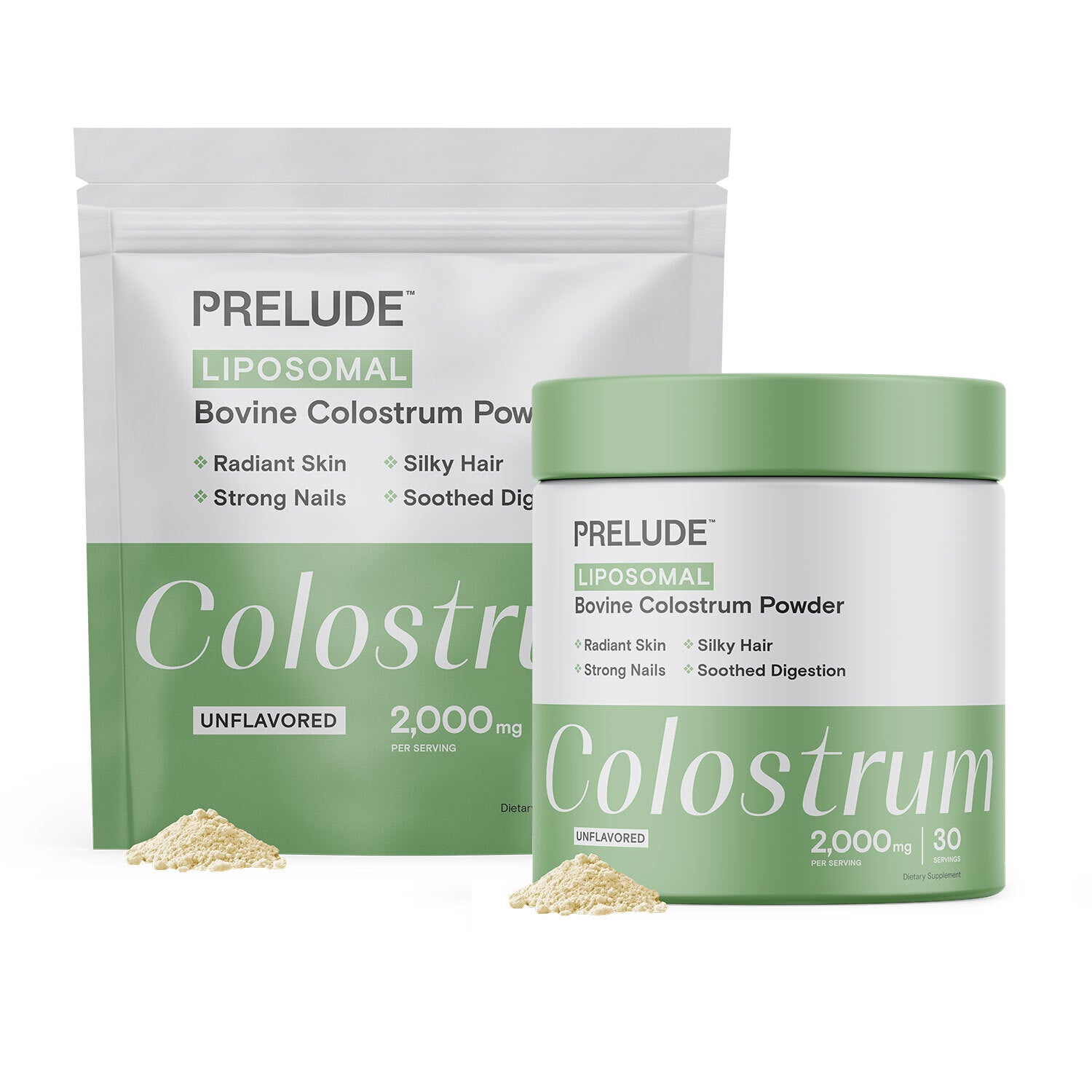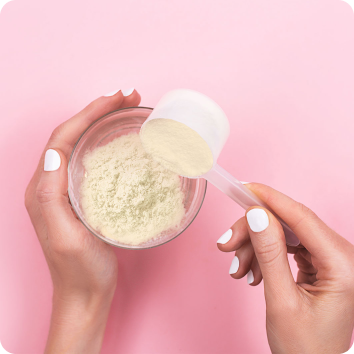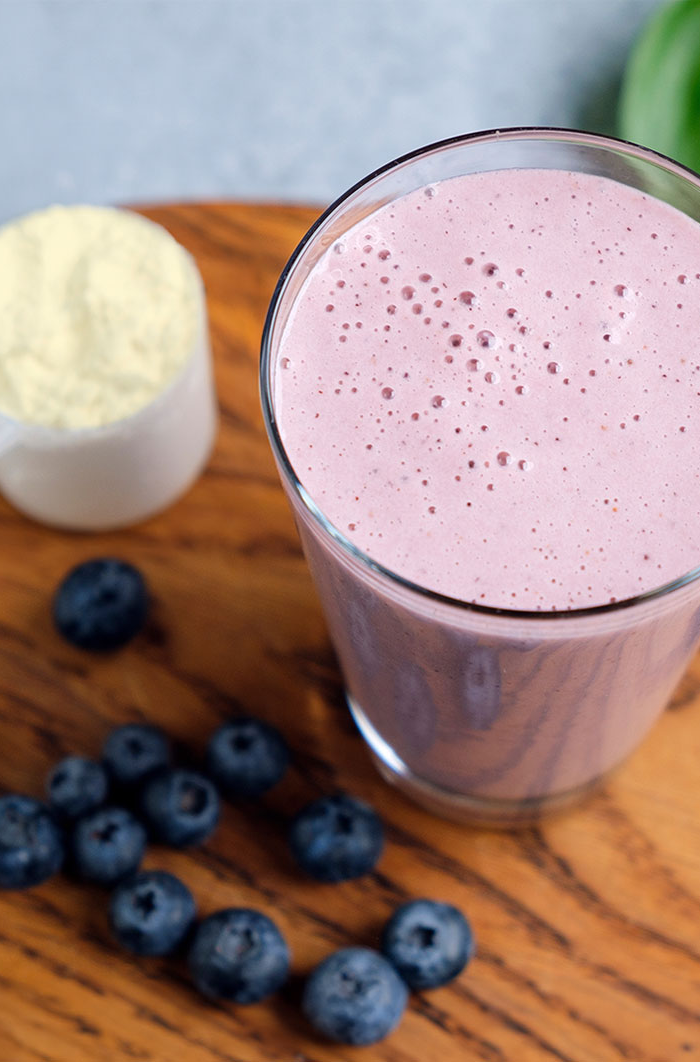
Optimize Your Immune System for Healthier Living
Our bodies are incredible machines, constantly working behind the scenes to keep us healthy and thriving. One of the most important systems within us is the immune system, our very own defense mechanism that fights off invaders like germs, viruses, and bacteria. Your immune system is a highly trained army, with different cells and molecules working together to protect you from harm. Taking care of yourself and making simple lifestyle changes can support your immune system to function at its best.
Harnessing the Power of a Balanced Diet
Your immune system thrives on a balanced diet rich in fruits, vegetables, and whole grains. These colorful foods are packed with essential vitamins, minerals, and antioxidants crucial to immune function.
- Vitamin C: Think citrus fruits like oranges and grapefruits, bell peppers, broccoli, and kiwi. Vitamin C helps your body produce white blood cells, which are vital for fighting infections.
- Vitamin E: A disease-fighting antioxidant, Vitamin E factors into nearly 200 biochemical processes in the body. Almonds, kale, and fatty fish are excellent sources of this essential nutrient.
- Vitamin A: Sweet potatoes, carrots, spinach, and kale are all excellent sources of vitamin A, which helps maintain healthy mucous membranes, the first line of defense against germs entering your body.
- Vitamin D: This vitamin supports healthy immune function by boosting the performance of macrophages and T-cells to fight disease. Salmon, tuna, and egg yolks provide Vitamin D. Moderate sunlight exposure also triggers Vitamin D production in the skin.
- Folate/Folic Acid: Naturally occurring folate and folic acid (added to foods) help create new healthy cells. Good sources of this B vitamin include beans, lentils, avocado, and leafy green veggies.
- Zinc: This mineral is vital for cell function and communication within the immune system. It also helps you regenerate skin faster. Zinc can be found in lean meats, poultry, seafood, whole grains, and nuts.
- Selenium: This antioxidant powerhouse helps control inflammation in the body. Brazil nuts, seafood, poultry, and cottage cheese are among the best sources of selenium.
- Probiotics: These friendly bacteria found in yogurt, kefir, and fermented foods like kimchi support a healthy gut microbiome, which is linked to a strong immune system.
Incorporating these vitamins and minerals into your diet can give your body the building blocks needed to boost your immune system and fight illness.
Going With Your Gut: How Digestion Strengthens Your Immune System
Your digestive system, particularly your intestines, houses trillions of microbes—bacteria, fungi, and viruses—collectively known as the gut microbiome. Over 70% of your immune cells are in the gut, making it an important immune organ. A balanced gut contains beneficial bacteria that crowd out harmful pathogens entering the body. A healthy digestive system is also important for absorbing the nutrients that boost the immune system. Here’s how you can boost your digestive system:
- Eat a balanced diet: Focus on a diet rich in fruits, vegetables, and whole grains. These foods provide fiber, which nourishes the beneficial bacteria in your gut.
- Stay hydrated: Drinking plenty of water keeps your digestive system functioning smoothly and helps prevent constipation.
- Manage stress: Chronic stress can disrupt gut health. To control stress levels, practice relaxation techniques like yoga or meditation.
- Include probiotics: Probiotic-rich foods like yogurt or kefir contain bacteria that support a healthy gut microbiome.
- Limit processed foods: Processed foods often contain high amounts of unhealthy fats, sugar, and refined carbohydrates, which can disrupt the gut microbiome.
Following these tips and nurturing your digestive health create a strong foundation for a healthy immune system.
Leveraging the Benefits of Exercise
Just as a regular workout strengthens your muscles, regular physical activity can strengthen your immune system. Aim for 30 to 45 minutes of moderate-intensity exercise at least five days a week. Brisk walking, swimming, cycling, or dancing are all fantastic options. Here's how exercise benefits your immune system:
- Increases circulation: Research shows that regular exercise increases the circulation of immune cells that fight disease. Healthy movement helps delay the onset of age-related conditions. Physical activity helps these cells move throughout your body more efficiently, allowing them to detect and fight off threats faster.
- Reduces stress hormones: Chronic stress can weaken your immune response. Exercise is a natural stress reliever, helping your body stay calm and prepared.
- Lowers inflammation: Exercise helps regulate inflammatory responses in the body. Chronic inflammation is linked to a weakened immune system, and exercise helps counter this by lowering inflammatory markers.
- May help flush out toxins: Regular physical activity can help your body eliminate waste products that may hinder immune function.
- Improves sleep: Exercise also promotes better sleep quality, which is crucial for immune function.
You don’t need to be an elite athlete to benefit from physical movement. Start with short walks and gradually increase the duration and intensity as you get stronger.
Prioritizing Sleep
Rest is critical to recovery. A good night's sleep isn't just a luxury; it's essential for boosting your immune system. During sleep, your body releases cytokines, a protein that helps regulate the immune response. Cytokines activate immune cells. They also trigger immune cell growth, promote moderate inflammation, and direct cell activity. Here are some tips for getting a better night's sleep:
- Stick to a regular sleep schedule: Go to bed and wake up at the same time each day, even on weekends.
- Create a relaxing bedtime routine: Before bed, take a warm bath, read a book, or practice gentle yoga. Avoid watching TV or reading on electronic devices, as the blue light can interfere with healthy sleep patterns.
- Practice healthy bedtime habits: Avoid large meals, caffeine, and alcohol close to bedtime. Regular exercise is beneficial, but avoid strenuous workouts right before bed.
- Create an ideal sleep environment: Keep the room dark, cool, and quiet. Avoid screen time for at least an hour before bed.
Aim for 7-9 hours of sleep per night to give your body the rest it needs to fight off illness. Other lifestyle habits impact the quality of rest.
Exposure to natural sunlight helps regulate your circadian rhythm, your body’s internal clock that regulates many of its physiological processes. It impacts body temperature, hormone release, digestion, and sleep. Daytime sunlight helps your body suppress melatonin, a hormone that helps you sleep. Artificial light at night and lengthy naps can disrupt your circadian rhythm and sleep cycle.
Reducing Stress To Boost Your Immune System
Chronic stress can wreak havoc on your immune system. When you're stressed, your body releases hormones that can suppress immune function. Here are some effective ways to manage stress:
- Mindfulness and meditation: These practices can help you focus on the present moment and reduce anxiety. Many free apps and online resources, such as the Open Mindfulness Studio and app, are available.
- Deep breathing exercises: Taking slow, deep breaths can activate your body's relaxation response, counteracting the stress response.
- Spend time in nature: Walk in the park, hike in the woods, or simply sit outside and enjoy the fresh air. Immersing yourself in nature has been shown to reduce stress and improve mood.
Managing stress is essential to building a strong immune system.
Kick the Bad Habits: Smoking and Excessive Alcohol
Smoking and excessive alcohol consumption are major risk factors for a weakened immune system. Smoking damages your lungs, making you more susceptible to respiratory infections. Alcohol can impair your body's ability to produce white blood cells. If you're looking to strengthen your immune system, quitting smoking and limiting alcohol intake are crucial steps.
Nature's Immune Booster: Colostrum Supplements
Colostrum is the fluid produced by mammals in the first few days after giving birth. Also called first milk, it's a rich source of antibodies, immune factors, and growth factors that are vital for a newborn's developing immune system. Studies have shown that colostrum supplements can also benefit adults. Some of the noted colostrum benefits include:
- Immunoglobulins: White blood cells create these Y-shaped antibodies. They target certain bacteria and viruses that cause illness.
- Lactoferrin: This protein provides antibacterial and antiviral activities, fighting infection and sickness.
- Cytokines: These chemical messengers facilitate communication between immune cells. They stimulate the maturation and activation of immune cells, such as lymphocytes, further strengthening the immune response.
Getting all of your nutrients through food is difficult for most people. Supplements like colostrum powder complement a balanced diet for a strong and healthy immune system.
Take Charge of Your Health
While there's no magic bullet for an invincible immune system, incorporating these simple strategies into your daily routine can significantly boost your system's defenses. Remember, a balanced diet, regular exercise, quality sleep, a healthy gut, and effective stress management work together for a life well-lived. These practices support each other and create a strong foundation for optimal immune function.
Are you looking for additional ways to prioritize these aspects of your well-being? Colostrum powder enhances healthy practices for boosting immune health. Shop our store and take charge of your health by empowering your body’s immunity today.
















